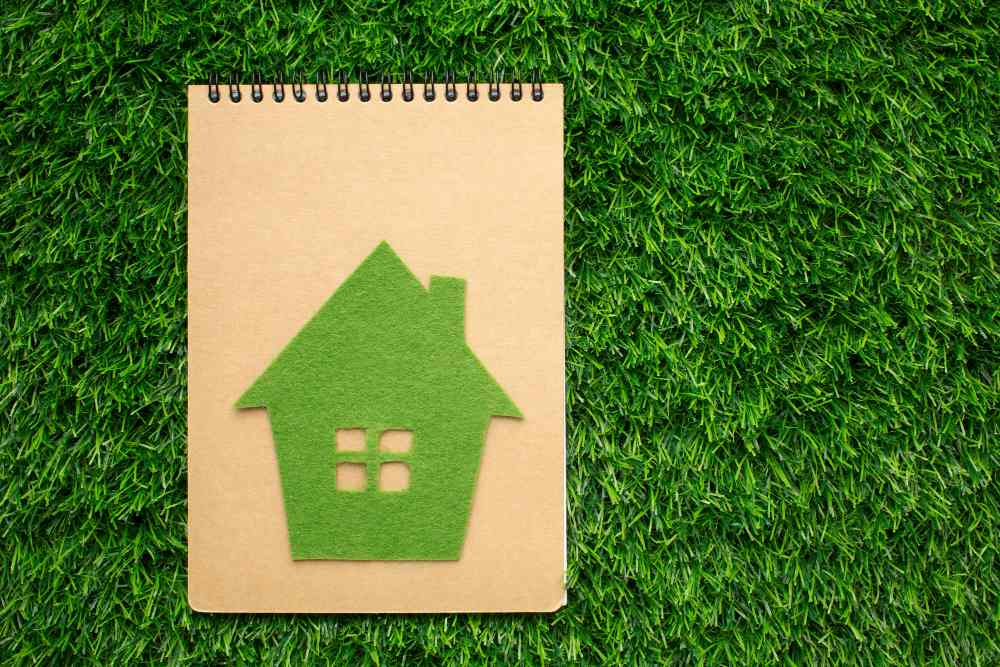
Homeowners often focus on making their homes comfortable, beautiful, and secure. However, amidst these priorities, we sometimes overlook an essential aspect: the environmental impact of our homes. From energy consumption to waste generation, our daily habits within our homes can significantly contribute to environmental degradation. In this blog, we'll delve into the ecological footprint of homes in America, shedding light on critical areas where homeowners can make a positive difference. Understanding and addressing these problems can help preserve the planet for future generations and mitigate risks. Energy Consumption One of the most significant environmental impacts of homes is energy consumption. As homeowners, there are several steps we can take to reduce our energy footprint: Invest in energy-efficient appliances: Choosing energy-efficient models can significantly lower electricity consumption from refrigerators to air conditioners. Choose LED lighting: These bulbs last longer and use less energy than conventional incandescent lamps. Appropriate insulation: A well-insulated home uses less energy since it requires less heating and cooling. Water Usage Water scarcity is a severe problem made worse by wasteful water usage habits. Among the things we as homeowners can do to help save water are: Replacing leaks as soon as possible: Although a leaky faucet or a leaking pipe may not seem like much, they might eventually waste a large quantity of water. Setting up water-saving fixtures: Toilets, showerheads, and faucets with modest flows can save water usage dramatically without compromising comfort. Gathering rainwater: By installing rainwater harvesting systems, you can add to the groundwater table and have a backup water supply for non-potable uses like toilet flushing and gardening. Waste management Improper trash disposal puts the environment at serious risk by causing pollution and endangering wildlife. Homeowners can take the following actions to reduce their trash footprint: Segregate waste: By separating recyclables from non-recyclables, garbage may be recycled more effectively and dumped in landfills less frequently. Composting organic waste: By composting food scraps and yard waste, you may keep them out of landfills and create nutrient-rich soil for gardening. Minimize single-use plastics: Choose reusable alternatives to reduce plastic waste and its harmful environmental effects. Green Home Upgrades For those looking to take their environmental commitment a step further, there are various green home upgrades available: Solar panels: Installing solar panels can significantly reduce dependence on grid electricity and lower carbon emissions. Green roofs: Green roofs, covered with vegetation, not only provide insulation but also absorb rainwater, reduce runoff, and mitigate the urban heat island effect. Smart home technologies: From smart thermostats to energy monitoring systems, integrating smart technologies into your home can optimize energy usage and reduce environmental impact. As American homeowners, we can positively impact the environment through conscious choices and responsible actions within our homes. Reducing energy consumption, conserving water, managing waste effectively, and preparing for natural disasters can minimize our environmental footprint and contribute to a more sustainable future. Moreover, investing in green home upgrades benefits the environment and can lead to long-term savings and enhanced property value. Let's take proactive steps today to create healthier, more sustainable homes for ourselves and future generations. Together, we can make a difference in preserving the environment and building a resilient future for all.